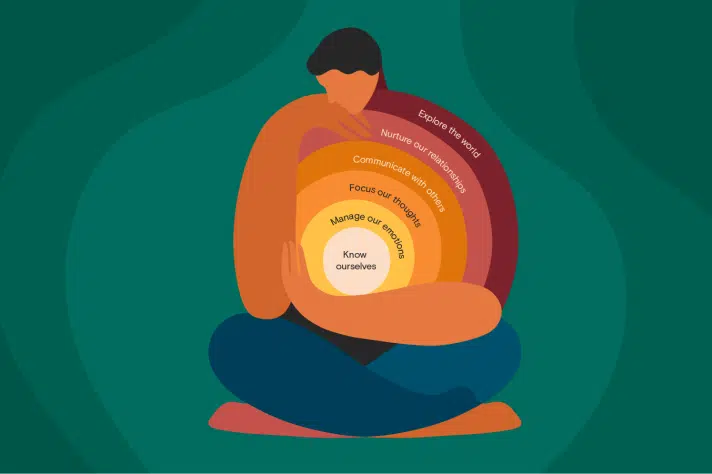The Royal Foundation Centre for Early Childhood has today (2 February 2025) published a new framework aimed at improving awareness of and knowledge about social and emotional skills to inspire action across society, as part of The Princess of Wales’ mission to create a happier, healthier society.
At the iHV, we feel honoured to have been involved in supporting the promotion of The Shaping Us Framework and believe that it will be an invaluable resource for health visiting practitioners.
Alongside the Framework, The Royal Foundation Centre for Early Childhood has also launched a short film to bring the Framework to life which features our CEO, Alison Morton, speaking about the importance of social and emotional development in early childhood. And we thank the wonderful health visiting team at Guy’s and St Thomas’ NHS Foundation Trust for their support with this, and the parents, babies and children from South London who agreed to take part in the film – they were brilliant and bring the powerful messages to life.
Social and emotional skills are what shape who we are, how we manage our emotions and thoughts, how we communicate with and relate to others, and how we explore the world around us. They are fundamental to our future mental and physical wellbeing, shaping everything from our ability to form positive relationships, to our capacity for learning, working, and coping with adversity. They all have their foundations in early childhood and continue to be refined and enhanced throughout our lives.
In the foreword to today’s report, The Princess of Wales said:
“To create a physically and mentally healthier society, we must reset, restore, and rebalance…
“That means taking a profound look at ourselves and our own behaviours, emotions, and feelings. It means getting much better at acting with compassion and empathy towards one another… better understanding how we can protect and build upon what connects and unites us… and acknowledging that society is something we build together, through the actions we take every day.
“At the heart of all of this is the need for us to develop and nurture a set of social and emotional skills which we must prioritise if we are to thrive.”
The new Shaping Us Framework and film: prioritising social and emotional development, comprises thirty social and emotional skills grouped into six clusters:
- knowing ourselves
- managing our emotions
- focusing our thoughts
- communication with others
- nurturing our relationships
- and exploring the world.
These skills are the foundations of a happy, healthy life. The Framework has been developed to help those working across disciplines to communicate effectively, raise awareness, and build understanding of the critical importance of social and emotional skills – inspiring greater commitment, action and investment in their development during early childhood and beyond. The Framework can also have a tangible impact across society by being used to design and deliver programmes and interventions, to inform decision-making and support organisational development. It is by prioritising and nurturing our social and emotional skills, and our relationships with others, within communities and across society, that we can build resilience and hope for the future.
Christian Guy, Executive Director of The Centre for Early Childhood, said:
“It is time that we recognised and acted upon the undeniable significance of social and emotional skills and give them the recognition they deserve. Getting this right in early childhood, when we lay the foundations upon which these skills continue to grow throughout our lives – could have a truly profound impact on the future of individuals and of our society.”
Alison Morton, iHV CEO, said:
“This Framework is ground breaking, bringing together evidence from across the world on the importance of social and emotional development. As a resource, it has the potential to really transform how we value and nurture these skills throughout the life course. If we can support babies and young children in their learning and development in the earliest years of life, we set them up with valuable tools to navigate the ups and downs of life. Ultimately, they are the most important skills that we will ever learn – and health visiting practitioners can play a vital role in spreading the word and driving change.”




